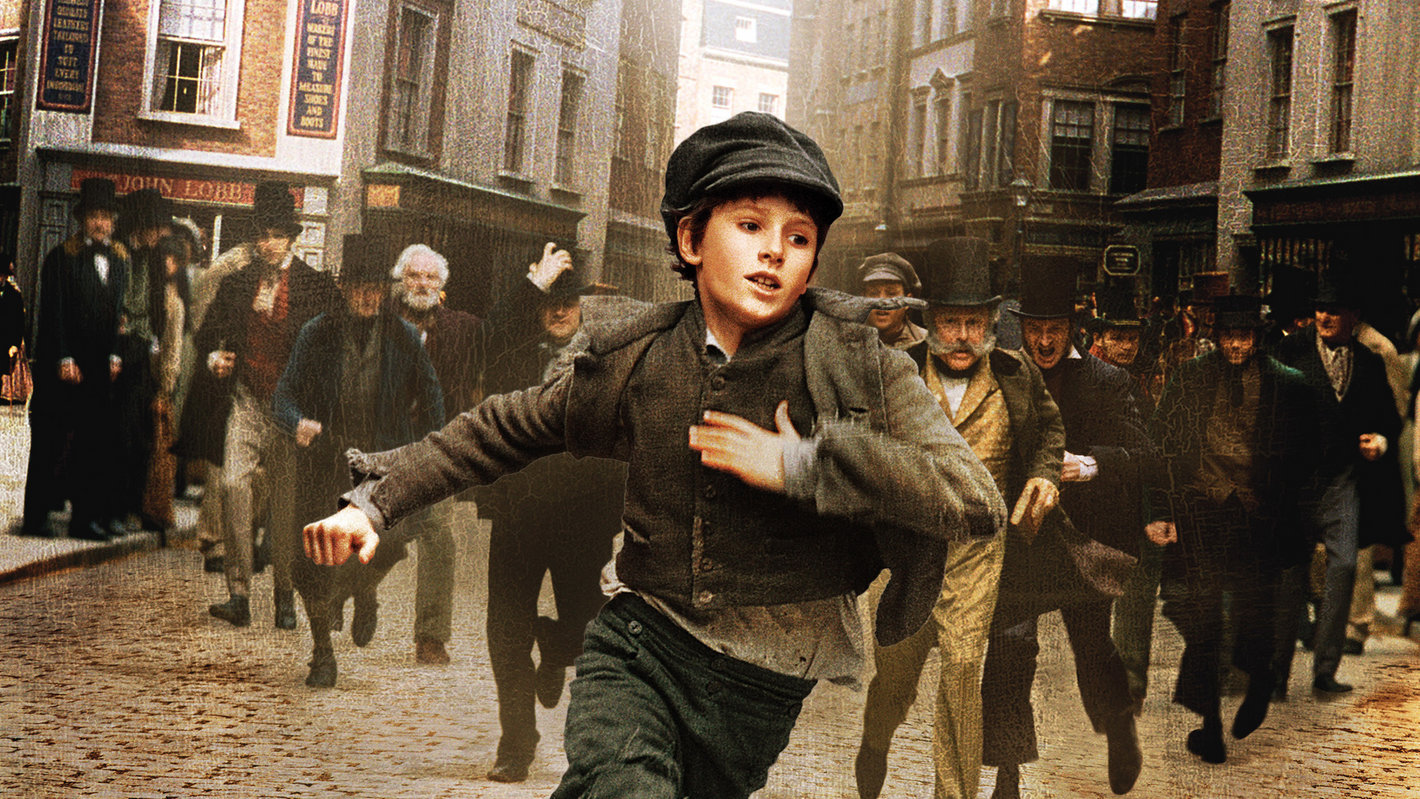It is a landmark judgment with facts which could have been taken from a Dickens novel. Italy’s highest appeal court, the Supreme Court of Cassation, has overturned a theft conviction of a man, too poor to eat, who stole two pieces of cheese and a sausage worth €4.07 from a supermarket.
The case has raised a fascinating debate over whether the court was right and whether, in today’s society, there should be a general right to food. The court said (we think) that the fact the Ukrainian man was “in the face of the immediate and essential need for nourishment” meant his actions were not a crime and “the right to survival prevails over property”. It also questioned whether the man had stolen anything at all, as he was caught and returned the food before he left the shop.
Would this argument work in the UK?
Unlikely. Stealing is a crime – no doubt about that. As law students will know, there is a general defence of necessity in English law, but it is extremely narrow and rarely succeeds. The generally accepted position in England is that necessity is only allowed in situations where you really do not have any other choice. As hunger does not arise spontaneously, and there are other ways to combat poverty, for example by seeking welfare support or charity, the defence of necessity will almost certainly not be available if you steal because you are hungry.
Another possibility is the a jury deciding whether to convict would have to apply what is known as the Ghosh test, so would have to ask itself before convicting “whether according to the ordinary standards of reasonable and honest people what was done was dishonest“. Realistically, an English jury would probably find a way not to convict a person in a case like this.
The role of sympathy

That said, this does not mean the courts do not have sympathy. Last year, a man was caught stealing food from bins outside Tescos in order to feed his family. He was arrested and prosecuted. The judge was angry at the Crown Prosecution Service who had discretion as to whether or not to press charges, commenting: “How are they expected to live?”
The judge did the best he could do in this situation. The man was still convicted but he was not given any punishment. The key in that case was that the judge felt the man should not have been prosecuted – ultimately, the Crown Prosecution Service will usually have a discretion whether or not to prosecute, and they should only do so if it is in the public interest. What is or is not in the public interest is a question for prosecutors to decide, and it can involve what is in effect a moral decision.
The Italian Court, however, went much further, saying that taking food “in the face of the immediate and essential need for nourishment” was not a crime.
What about human rights?
Your instinctive reaction might be: ‘Of course we have a human right to food. It is part of our survival’. However, this argument will not take you that far in court.
A right to food is what is known as a ‘socio-economic’ right. Put simply, these are rights that put an obligation on the state to spend money to provide them: such as housing, health, food and social security. The UK has signed the International Covenant on Economic, Social and Cultural Rights (ICESCR). Article 11(1) recognises the right of everyone to an adequate standard of living and Article 11(2) guarantees the fundamental right of everyone to be free from hunger. However, unlike the European Convention on Human Rights, it is not incorporated into UK law. This means the UK Government should act to protect these rights, but that judges cannot use them to protect individuals.
However, this has not always been the case. In an article for the UK Human Rights Blog, Professor Geraldine van Bueren QC explained how the England used to have a right to food, dating back to 1216.
But is it right?

This issue raises the question of what human rights are really about.
Our UK-based human rights law does not give us a right to food. If it did, the courts would be able to oblige the elected government to spend public resources in a particular way. This raises an age old debate about the relative power of unelected judges to direct the actions of the elected Government or Parliament.
On the other hand, the UK Government is under an international legal obligation to give effect to the ICESCR.
Finally, there may be instances where the law leads us to conclusions that do not seem right. Can we really deny that in a situation of abject poverty, someone’s survival does not prevail over another’s property?
As Italiaglobale.it commented, “this historic ruling is right and pertinent, and derives from a concept that has informed the Western world for centuries – it is called humanity”.
You can read the Italian Court’s judgment here (in Italian only for now), and there is more information via the BBC report here.







